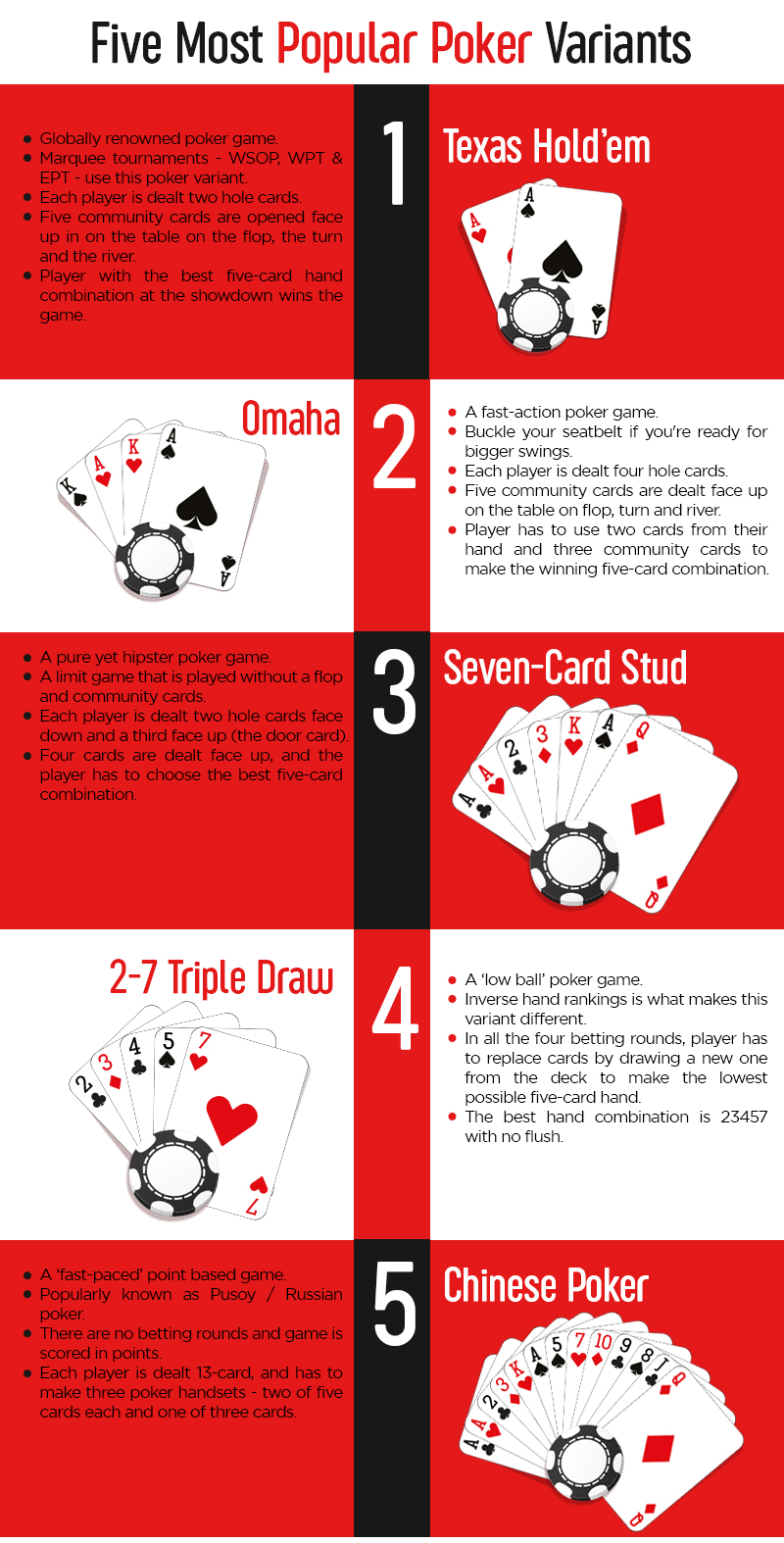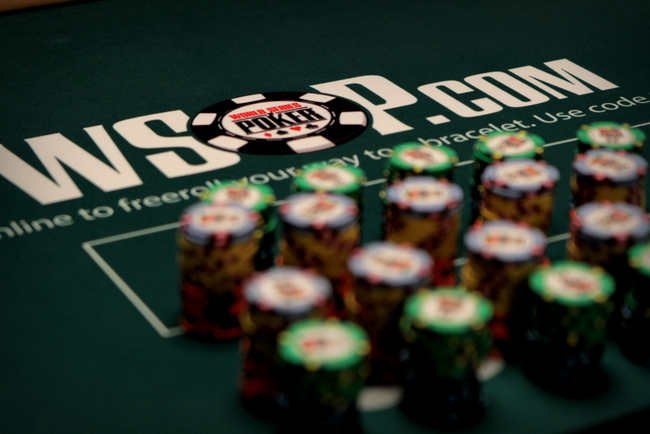Origins
How to Play 2-7 Single Draw First, it's important to understand that the hand rankings are different in 2-7 Single Draw than in other low games. In 2-7 Single Draw, straights and flushes count against your low hand, and aces are always high. So the best possible hand is: 7, 5, 4, 3, 2. 2-7 Triple Draw is a form of ‘lowball' draw poker. Until recently, the game wasn't particularly popular but thanks to it's introduction at various online poker sites and it presence in some mixed game rotations, the player base for this variant has grown in recent years. Deuce to Seven (2-7) Triple Draw is a form of lowball that is not widely popular. You won't see it spread in your local home game. Some live high-stakes cash games will include Triple Draw in their mixed-game format. But it's difficult to find low stakes versions, let alone any limit of Triple Draw.

2-7 Triple Draw Omaha Hi-Lo Seven-Card Stud 8 or Better Chinese Poker Pineapple Open-Face Chinese Poker 2-7 Open-Face Chinese Poker Short Deck Poker Razz Poker Learning how to play poker should. These are the rules of the 2-7 triple draw poker game. Unlike Texas Hold'em and Omaha, in this game hands should be of the lowest rank and should be made with the lowest possible cards. A straight, flush, full house is considered as worst while pair is considered as the best.
Online casino roulette rigged. Roulette games are easier to rig offline than online, but when they exist online it is most often that the entire casino system is rigged, rather than the roulette game specifically.
2-7 Triple Draw Objective
Structure
Rules For 2-7 Draw Poker
- Dealer deals 5-cards to each player
- First Round of betting
- Players draw cards
- Second Round of betting
- Players draw cards
- Third Round of betting
- Players draw cards
- Final Round of betting
- Showdown
Drawing
On each round players have the option to discard as many of their cards as they wish up to a total of 5. These should be replaced with fresh cards from the desk. Assuming a player is happy with their hand they have the option to stand pat, which means they don't discard or draw any additional cards.Hand-Rankings
Basic Strategy – The Draw

- 5 cards 9 or below(no pair or straight or flush etc) – Stand Pat
- 4 cards 8 or below and a higher card – Draw 1
- 3 cards 8 or below and 2 higher card – Draw 2
- 2 cards 7 or below and 3 higher cards – Draw 3
It's also recommended to start out with low cards and draw to higher cards rather than the other way round. So it's better to hold 2,3,4,8 and draw to the 5,6 or 7 rather than hold the 8,7,6,3 and draw to the 4,5,or 2.
Basic Strategy – Position
Basic Strategy - Hand Reading
Basic Strategy - Betting Structure

2-7 Triple Draw Omaha Hi-Lo Seven-Card Stud 8 or Better Chinese Poker Pineapple Open-Face Chinese Poker 2-7 Open-Face Chinese Poker Short Deck Poker Razz Poker Learning how to play poker should. These are the rules of the 2-7 triple draw poker game. Unlike Texas Hold'em and Omaha, in this game hands should be of the lowest rank and should be made with the lowest possible cards. A straight, flush, full house is considered as worst while pair is considered as the best.
Online casino roulette rigged. Roulette games are easier to rig offline than online, but when they exist online it is most often that the entire casino system is rigged, rather than the roulette game specifically.
2-7 Triple Draw Objective
Structure
Rules For 2-7 Draw Poker
- Dealer deals 5-cards to each player
- First Round of betting
- Players draw cards
- Second Round of betting
- Players draw cards
- Third Round of betting
- Players draw cards
- Final Round of betting
- Showdown
Drawing
On each round players have the option to discard as many of their cards as they wish up to a total of 5. These should be replaced with fresh cards from the desk. Assuming a player is happy with their hand they have the option to stand pat, which means they don't discard or draw any additional cards.Hand-Rankings
Basic Strategy – The Draw
- 5 cards 9 or below(no pair or straight or flush etc) – Stand Pat
- 4 cards 8 or below and a higher card – Draw 1
- 3 cards 8 or below and 2 higher card – Draw 2
- 2 cards 7 or below and 3 higher cards – Draw 3
It's also recommended to start out with low cards and draw to higher cards rather than the other way round. So it's better to hold 2,3,4,8 and draw to the 5,6 or 7 rather than hold the 8,7,6,3 and draw to the 4,5,or 2.
Basic Strategy – Position
Basic Strategy - Hand Reading
Basic Strategy - Betting Structure
This is a lot harder to do in fixed-limit. We won't get a big enough payout if we hit to justify our pre-draw investment, and it's overall less likely that we will be able to successfully bluff our opponent post-draw.